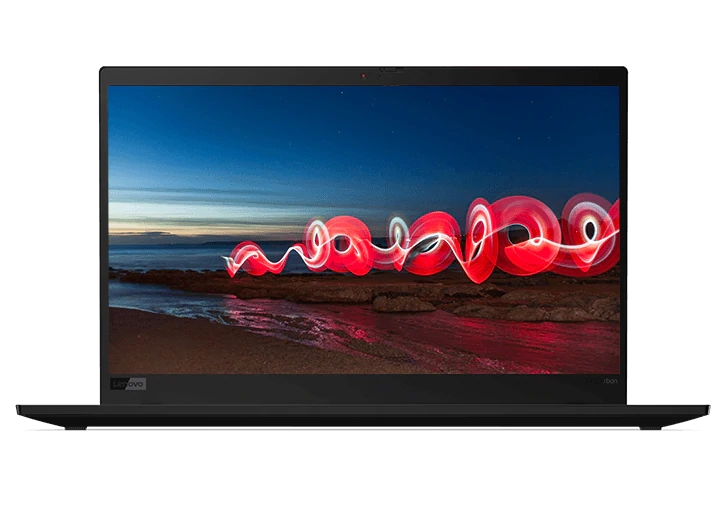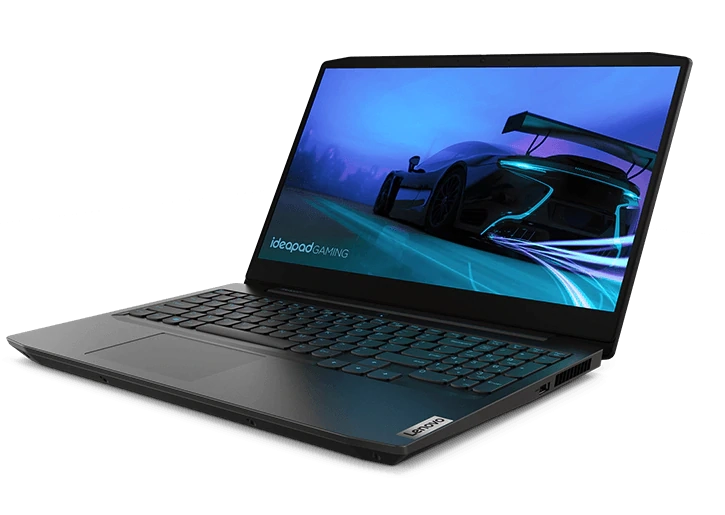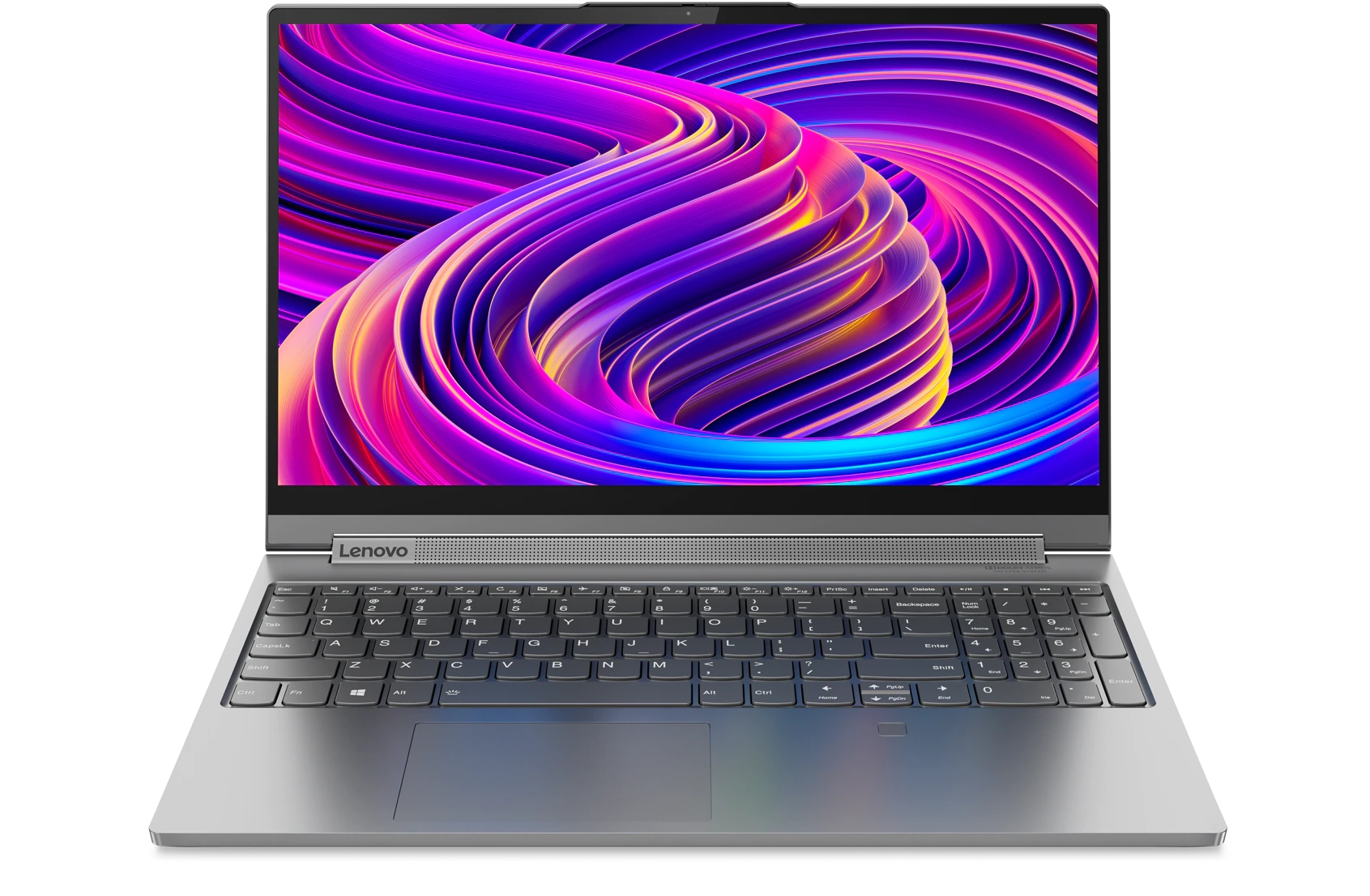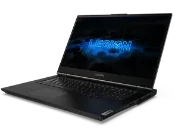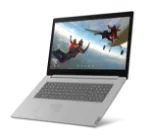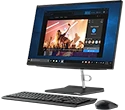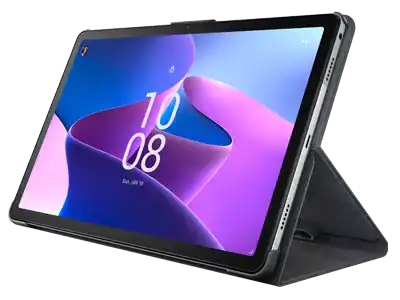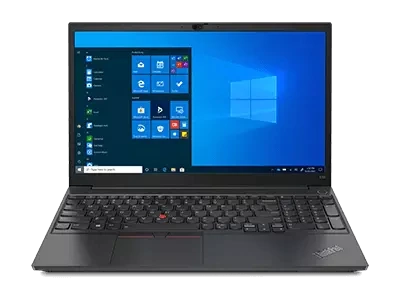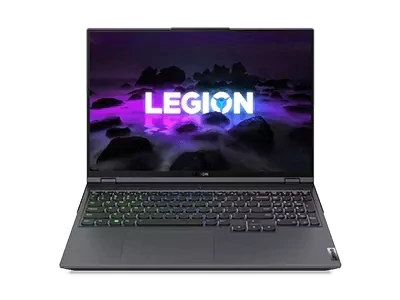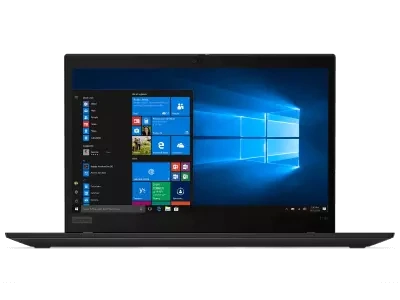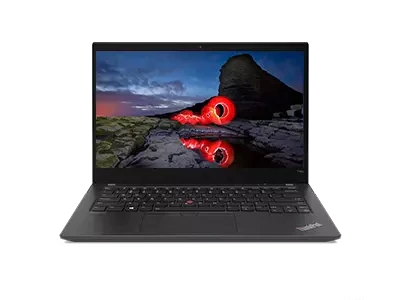What is AMD Ryzen?
Ryzen is the brand name of AMD's latest -- and fastest -- family of computer processors. First released in 2017, Ryzen CPUs and APUs are built on AMD's highly-evolved "Zen" microarchitecture, the 8th generation of AMD processor technology, and mark the company's first major processor introduction since the FX/A6 series about five years earlier.
Ryzen processors won fast acclaim from technology analysts and reviewers who said AMD could now compete with Intel in terms of processor performance, not just price. And Lenovo quickly offered Ryzen processors on some of its most advanced desktop PCs and laptops, with more Ryzen-equipped models anticipated.
AMD's initial product launch included multiple different versions of the Ryzen processor:
- Ryzen: Multiple versions available for desktop and laptop PCs
- Ryzen PRO: Feature additional security and enterprise-level management capabilities (ideal for corporate and business use)
- Ryzen Mobile: Combine the Ryzen CPU with AMD's Radeon Vega graphics
Are Ryzen processors better?
With Ryzen (pronounced RYE-zen), AMD stepped back into the so-called "processor wars" in a big way. Long praised for their integrated graphics capabilities and comparatively low cost, AMD processors had recently suffered in benchmark performance tests against Intel's latest chips. But with Ryzen, AMD added more cores (even base Ryzen chips are quad-core equipped), expanded its mid-range offerings to up to six cores/12 threads (high-performance models can have 8/16 or more), and introduced Simultaneous Multi-Threading (SMT) technology to push more operations through each core.
[For the uninitiated, a processor "core" is, essentially, a discrete CPU unto itself. So, a modern, quad-core or octo-core processor actually has four or eight processor chips with which to do the computational heavy lifting. Each core has one or two "threads" that carry the distinct sets of commands and responses necessary to calculate, render graphics, run software programs, and everything else. And AMD's new Simultaneous Multi-Threading (similar to Intel's Hyper-Threading) enables each thread to be used more efficiently, further multiplying processor productivity.]
Industry experts soon confirmed AMD's claims about Ryzen, saying the new chips equal or better those offered by other manufacturers, including Intel, in many performance categories. Those competitors might disagree or offer competing test results (it's a very competitive business), but given AMD's continued pricing advantage, many popular technology analysts used terms such as "disruptive" and "game changer" to describe Ryzen's introduction to the marketplace.
Is Ryzen good for gaming?
Computer game players were clearly among the target audience for Ryzen, especially given AMD's long reputation for superior graphics. And for game play, Ryzen -- with its improved per-core performance and new overclocking features (see below) -- outperforms previous AMD processors by a substantial margin. So, for most gamers, especially those who don't assemble their own custom-configured, game-optimized systems, a Ryzen-powered PC is a logical choice and could save you money.
Early benchmark tests found Ryzen chips performed less well for some games than the best Intel Core i chips at the time. However, AMD executives and many game manufacturers predicted that continued performance tuning (by both AMD and game developers) would help Ryzen catch up quickly. In addition, Ryzen comes in a hyper-powered Threadripper version with 16 cores and 32 threads that could be a good option for those assembling their own gaming platforms.
What makes Ryzen different?
From a marketing perspective, AMD has for the first time adopted the now-standard 3-5-7 processor nomenclature to differentiate base units (Ryzen 3) from mid-range (Ryzen 5) and high-performance (Ryzen 7) offerings. Be careful, however. There is some overlap between Ryzen categories, so depending on the specifications, a high-end Ryzen 3 might be faster than a low-end Ryzen 5, in some cases. For more specialized uses there is Ryzen Threadripper (see above) and a potentially even more powerful server processor, Epyc, that's also built upon AMD's new Zen architecture.
But beyond the marketing, what makes Ryzen different? Compared to earlier AMD processors, Ryzen has several physical advantages:
- Smaller 14nm transistor structure that consumes less power and generates less heat
- Fewer shared resources -- making each core more discrete and self-sufficient
- Improved intra-processor links for on-the-fly adjustments to core/thread utilization
- Overclocking capabilities that can unleash additional processor cycles for specific needs
Understanding Ryzen terminology
When considering a Ryzen processor or Ryzen-equipped PC, there are several AMD feature names and marketing terms that you'll need to know:
- SenseMI Technology: An umbrella term to describe a series of so-called "learning and adapting" features that help a Ryzen processor customize its operation based on how you use it.
- Extended Frequency Range (XFR): Provides the option -- with sufficient cooling -- to "overclock" the processor to achieve higher cycle speeds (boosting a top-rated Ryzen chip from, say, 3.6 GHz to 4.2 GHz). Some Ryzen-powered systems come equipped with additional cooling to enable XFR while on others such cooling is an add-on.
- Precision Boost: Enables Ryzen to make automatic, highly-granular frequency adjustments (25MHz at a time) to increase performance without consuming more power. Kicks in when Ryzen senses a workload need for faster processing while at the same time sensing that it has the thermal headroom to allow it to run faster for a time.
- Neural Net Prediction: Allows Ryzen to learn from how you use it and essentially "read ahead," anticipating the next steps in your workflow and making path adjustments to ensure each task moves through the processor as efficiently as possible.
- Smart Prefetch: Learns how your programs work and attempts to pro-actively load data to the processor for faster application performance and workflow. Works in conjunction with Neural Net Prediction.



Beperkingen: Bestellingen beperkt tot 5 computers per klant. Ga voor grotere hoeveelheden naar het gedeelte "Waar verkrijgbaar" van de website voor de gegevens van verkopers en wederverkopers van Lenovo-producten.
Aanbiedingen en beschikbaarheid: Alle aanbiedingen zijn afhankelijk van hun beschikbaarheid. Aanbiedingen, prijzen, specificaties en beschikbaarheid kunnen zonder kennisgeving worden gewijzigd. De productaanbiedingen en specificaties die op deze website staan vermeld kunnen te allen tijde en zonder kennisgeving worden gewijzigd. De weergegeven modellen zijn alleen ter illustratie. Lenovo is niet aansprakelijk voor fotografische of typografische fouten. De pc's die hier worden weergegeven, worden inclusief besturingssysteem verzonden.
Prijzen: De weergegeven webprijzen zijn inclusief btw. De prijzen en aanbiedingen in de winkelwagen zijn onder voorbehoud van wijzigingen totdat de bestelling is geplaatst. *Prijsstelling - besparingen ten opzichte van reguliere webprijzen van Lenovo. De prijzen van wederverkopers kunnen afwijken en kunnen hoger zijn dan de prijzen die hier worden weergegeven.
Alle prijzen zijn in euro en inclusief BTW
Batterij: Deze systemen ondersteunen uitsluitend batterijen die gemaakt of geautoriseerd zijn door Lenovo. De systemen zullen opstarten, maar het kan gebeuren dat ongeautoriseerde batterijen niet worden opgeladen. Lenovo is niet verantwoordelijk voor de prestaties of veiligheid van ongeautoriseerde batterijen en geeft geen garanties af voor storingen of schade voortvloeiend uit het gebruik van deze batterijen. **De levensduur van de batterij is gebaseerd op de MobileMark® 2014-methodologie en is een geschatte maximumduur. De werkelijke levensduur van de batterij kan variëren afhankelijk van vele factoren, waaronder de helderheid van het beeldscherm, de actieve toepassingen, functies, instellingen voor energiebeheer, leeftijd en gebruik van de batterij en andere voorkeursinstellingen van de klant.
Algemeen: Bekijk belangrijke informatie van Microsoft® die van toepassing kan zijn op uw aangeschafte systeem, inclusief gegevens over Windows 10, Windows 8, Windows 7 en mogelijke upgrades/downgrades. Lenovo vertegenwoordigt geen producten of services van derden en biedt geen garantie ten aanzien van producten en services van derden.
Handelsmerken: Lenovo, ThinkPad, IdeaPad, ThinkCentre, ThinkStation en het Lenovo-logo zijn handelsmerken van Lenovo. Microsoft, Windows, Windows NT en het Windows-logo zijn handelsmerken van Microsoft Corporation. Ultrabook, Celeron, Celeron Inside, Core Inside, Intel, het Intel logo, Intel Atom, Intel Atom Inside, Intel Core, Intel Inside, het Intel Inside logo, Intel vPro, Itanium, Itanium Inside, Pentium, Pentium Inside, vPro Inside, Xeon, Xeon Phi, Xeon Inside en Intel Optane zijn handelsmerken van Intel Corporation of zijn dochterondernemingen in de Verenigde Staten en/of andere landen. Andere namen van bedrijven, producten of services zijn mogelijk handelsmerken of servicemerken van anderen.
